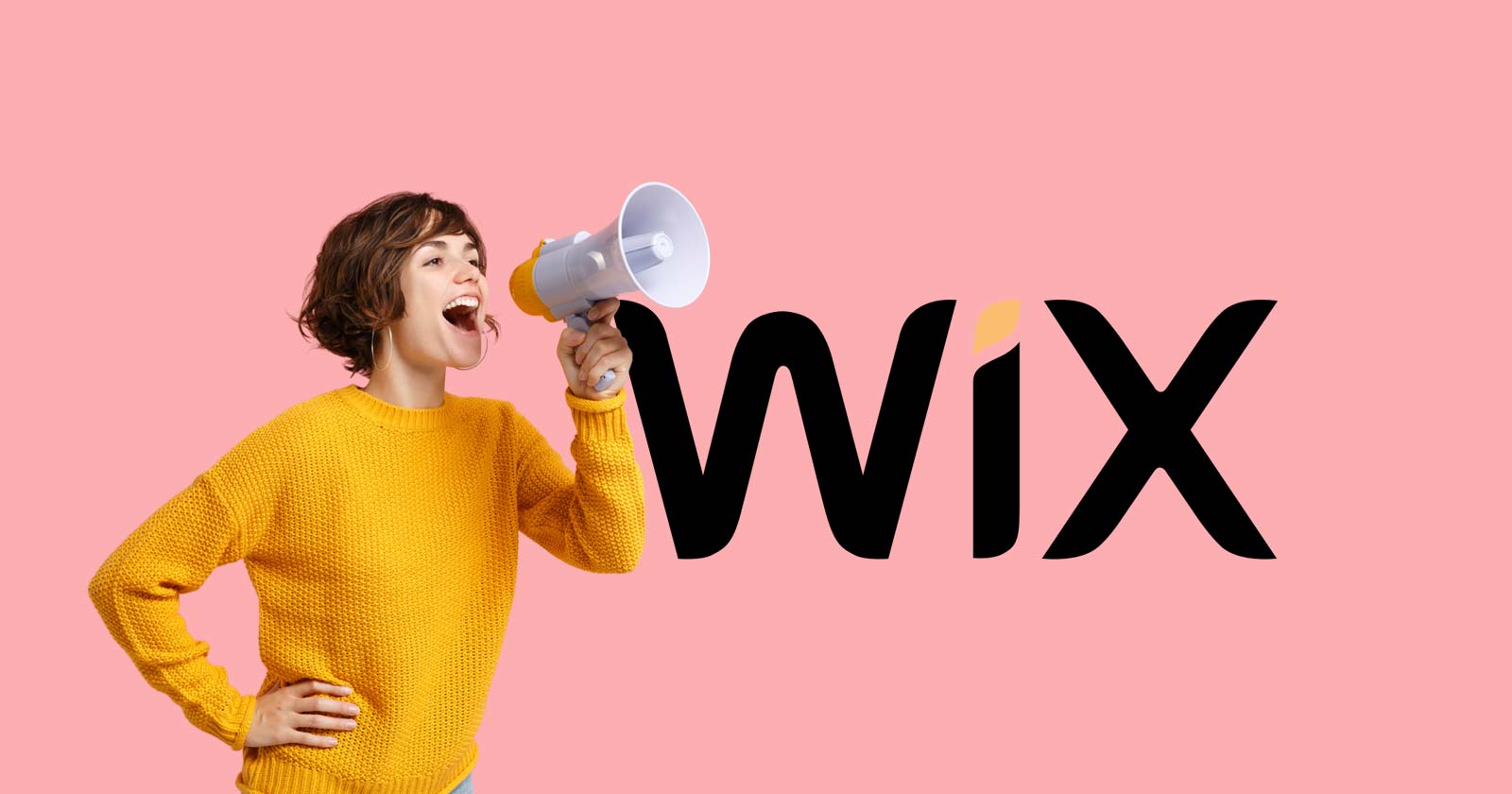Changes to Google's Helpful Content Signals Could Impact New Page Rankings
Google’s John Mueller recently hinted at potential alterations to sitewide helpful content signals, possibly allowing new pages to achieve better rankings. Despite this potential change, there are concerns that it may not be sufficient to address certain ranking issues.
The Evolution of Helpful Content Signals
Initially introduced as Google's Helpful Content Signals (HCU) in 2022, this system classified entire websites as unhelpful based on site-wide signals, impacting the ranking potential of all pages, irrespective of individual helpfulness. However, these signals have now been integrated into Google's core ranking algorithm, transitioning them into page-level signals while retaining some site-wide considerations.
According to Google's official documentation, the core ranking systems primarily function on a page-level basis, utilizing various signals to assess the helpfulness of individual pages, while also considering certain site-wide signals.
Key takeaways from this transition include the fact that multiple signals now contribute to a page's helpfulness within the core ranking algorithm, and while site-wide signals can influence overall rankings, the primary focus remains on the individual page.
Publisher Concerns and Frustrations
Several publishers have expressed frustrations regarding the impact of sitewide algorithm effects on the ability of new helpful pages to rank effectively. This sentiment was shared on social media platforms, highlighting the challenges faced by publishers in gaining visibility for quality content.
Even though the shift towards page-level helpfulness signals theoretically indicates that high-quality pages should rank better, some publishers have noted a discrepancy between this theory and the actual ranking outcomes.
John Mueller's Response and Possible Changes
Addressing concerns raised by publishers, Google's John Mueller acknowledged the suppressive effects of sitewide helpfulness signals on new page rankings. He suggested that the search ranking team is actively exploring ways to revise the application of helpfulness signals at a sitewide level, potentially offering relief to affected websites burdened by such signals.
While Mueller did not guarantee specific outcomes, he emphasized the team's commitment to improving search results in upcoming updates, aiming to showcase high-quality content to users and rewarding sites that prioritize helpfulness.
Challenges and Considerations for Publishers
Despite the proposed changes to sitewide signals, publishers need to recognize that various factors can influence rankings before and after algorithm updates. Understanding the complexities of Google's core ranking algorithm, which comprises numerous signals, is essential in navigating fluctuations in search visibility.
Without definitive indicators of the reasons behind ranking fluctuations, publishers must address potential knowledge gaps and consider a holistic approach to optimizing their content and websites for improved performance.
Misconceptions and Insights from Google Liaison
Google's Search Liaison has responded to misconceptions among publishers regarding algorithmic actions and helpfulness signals. Noting the complexity of evaluating content quality and reliability, Search Liaison highlighted the importance of conducting a thorough analysis before attributing ranking changes to specific signals.
Moreover, the notion that manual actions are more favorable than algorithmic actions was debunked, emphasizing the need for a comprehensive understanding of search engine dynamics to effectively address ranking challenges.
Ultimately, maintaining an open-minded approach and considering alternative factors beyond individual signals are crucial for publishers to find sustainable solutions and improve their search rankings effectively.
Image/Photo credit: source url
[ad_2]



